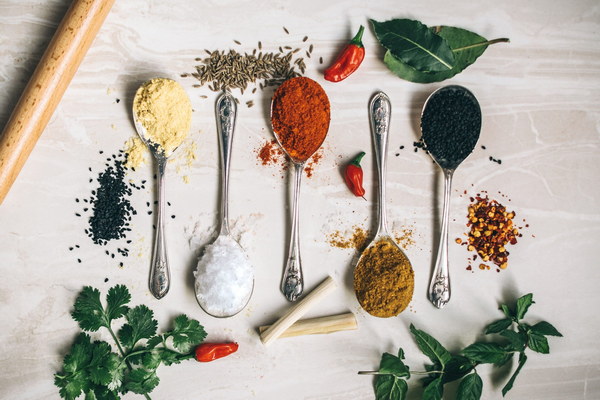Gastric Ulcers to Gastric Cancer The Surprising Connection and Importance of Gastric Health
The human stomach is a complex organ responsible for digesting the food we consume. However, its vulnerability to various health issues, such as ulcers and cancer, cannot be overlooked. While maintaining a healthy stomach is crucial for overall well-being, one might be surprised to learn that certain healthy practices can inadvertently contribute to the development of gastric cancer. This article delves into the surprising connection between gastric ulcers and the progression to gastric cancer, emphasizing the importance of proper stomach health.
Gastric ulcers, also known as peptic ulcers, are sores that develop on the lining of the stomach or the first part of the small intestine. They are typically caused by an imbalance between stomach acid and digestive enzymes, often triggered by Helicobacter pylori (H. pylori) infection or long-term use of non-steroidal anti-inflammatory drugs (NSAIDs). While most gastric ulcers can be treated and healed, some may progress to gastric cancer.
The progression from gastric ulcers to cancer is a complex process that involves multiple factors. One of the most significant factors is chronic inflammation. Gastric ulcers, if left untreated or poorly managed, can lead to chronic inflammation of the stomach lining. Over time, this inflammation can cause changes in the cells, leading to dysplasia—a precancerous condition characterized by abnormal cell growth. If dysplasia is not detected and treated promptly, it may progress to gastric cancer.
Another contributing factor is the presence of H. pylori bacteria. Although many people carry this bacterium without experiencing any symptoms, it can cause persistent inflammation in the stomach lining, increasing the risk of gastric ulcers and cancer. Treating the infection is essential to reduce the risk of progression to cancer.
Moreover, certain lifestyle and dietary factors can exacerbate the risk of developing gastric cancer. For instance, excessive alcohol consumption, smoking, and a high-salt diet have been linked to the development of gastric ulcers and cancer. Additionally, obesity and a lack of physical activity can also contribute to the risk.
On the other hand, some healthy practices may seem counterintuitive when it comes to gastric health. For example, the widespread belief that consuming antacids can help prevent stomach ulcers may actually be detrimental. Antacids neutralize stomach acid, which is necessary for digestion. Overuse of antacids can disrupt the delicate balance of stomach acid and enzymes, potentially leading to the development of ulcers or exacerbating existing ones.
Another surprising factor is the belief that ginger and garlic can help prevent stomach ulcers. While these spices have anti-inflammatory properties and can aid digestion, excessive consumption may lead to increased stomach acid production, which can worsen ulcers and contribute to the development of cancer.
So, how can one maintain proper stomach health and reduce the risk of gastric cancer? Here are some tips:

1. Maintain a balanced diet: Consume a variety of fruits, vegetables, whole grains, lean proteins, and healthy fats. Limit your intake of processed foods, excessive salt, and high-fat foods.
2. Exercise regularly: Physical activity can help maintain a healthy weight and reduce the risk of obesity, which is associated with an increased risk of gastric cancer.
3. Avoid smoking and excessive alcohol consumption: These habits can increase the risk of gastric ulcers and cancer.
4. Treat H. pylori infection promptly: If you have been diagnosed with H. pylori, follow your doctor's treatment plan to eliminate the infection and reduce the risk of cancer.
5. Use antacids judiciously: Consult with your healthcare provider before starting an antacid regimen, as overuse may be harmful.
6. Limit the consumption of certain spices: While ginger and garlic have health benefits, excessive consumption may lead to increased stomach acid production.
In conclusion, the connection between gastric ulcers and gastric cancer is a complex one, with various factors contributing to the progression. By maintaining proper stomach health, adopting a balanced diet, and leading a healthy lifestyle, individuals can reduce their risk of developing gastric cancer. It is crucial to be aware of the potential risks associated with seemingly healthy practices and seek guidance from healthcare professionals to ensure optimal stomach health.









